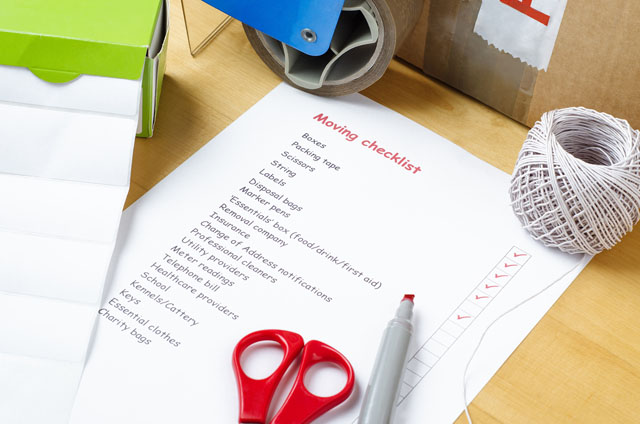Need a Mover?
Just fill out a short form.
Get free quotes from certified moving companies.
You are just a click away from saving up to 70% on your move!
Get Your FreeQuotes
Get Rid of junk…it will save you Money$$$
Start going through all those junk drawers, basement, attic, closets, garages, sheds and any other place you might be storing things you don’t need any more.
It’s sometimes hard to part with things you did like or think you might have a need for but don’t be a “hoarder” (unless you want to end up on the show).
Try to make rules to get rid of stuff. Ask yourself these questions:
A general rule of thumb is that if you haven’t used the item in more than a year…throw it out.
Wait …don’t just throw out your old junk…unless it’s broken and would have no value to anyone.
Instead have a garage sale and some money off that old toaster oven (some guy might want it for his shop). Maybe you don’t have enough stuff for your own garage sale, ask the neighbours if they have old stuff to sell and put them together.
The other thing to do is to donate to charity, Good will, Salvation Army, Church etc… You can get a tax deductible receipt to save you money on your taxes. Do you have old cloths and sports equipment? Try selling them at a consignment store, same with old furniture. You can even sell old stuff on line… www.ebay.com anyone?
By getting rid of stuff you will save money on the move. For local hourly moves, it will be less stuff and therefore less time. For long distance moves that go by weight, you will have less weight and reduce your costs.

Source: Photo by Nicolas Huk
Start looking for moving companies.
Hopefully by now you have reduced your junk pile and lightened your load. You have also cleaned up and probably organized your stuff. This will make it easier for moving companies to give you a more accurate estimate.
Whenever possible, get an “in home estimate” they are free and in certain provinces (Ontario being one of them) a mover cannot adjust his estimate any higher than 10 %. Which is great because if you are moving long distance and the price is calculated per lb., and your couch is made of concrete and the mover estimated your couch was made of feathers, he can’t come back at you for his poor estimation!
Get a bunch of moving estimates at least 1-2 months prior to move. This will give you time to check out the moving companies review, referrals etc. You can save time by using a Moving portal that will provide you several estimates at once like www.moveit.ca . This will save you the hassle of finding a reputable mover. You save both time and money. These companies have done the research for you and due to volume of moves and direct competition, the prices are very good. It’s like Travelocity or Expedia for moving companies. You also have their support because they remove bad companies and since the moving companies get so much business through these sites, they don’t want to lose the business and correct any issue right away.
Organize and separate valuable items like jewelry. Always travel with your jewelry…never pack them to be moved on the truck. Same with a stamp collection, cash and anything else that is invaluable and unreplaceable.
Start gathering supplies. Save boxes you can use. Go and get extra boxes from grocery stores, Costco, warehouse stores that throw these away. You should be able to get loaner boxes from the company moving. There are also lots of new “environmentally friendly” plastic reusable box companies out there that rent boxes.
You should also have confirmed and “booked” your mover. Typically a deposit is required and is usually 10% of the move cost…this is all that should be required by a reputable moving company. If they ask for 50% up front or money in cash only, be suspect and contact other companies.
Don’t sign the bill of lading until you are satisfied and everything is at your new residence and in good shape. Go through the old house to make sure they haven’t put any holes in the wall etc… Take pictures and video if you need to. This will be a big help if you need to make a claim.
The above is just a generally guide line and circumstance change. However if you follow the Canadian moving checklist above and hire a reputable mover, your move should go smoothly and be less stressful.